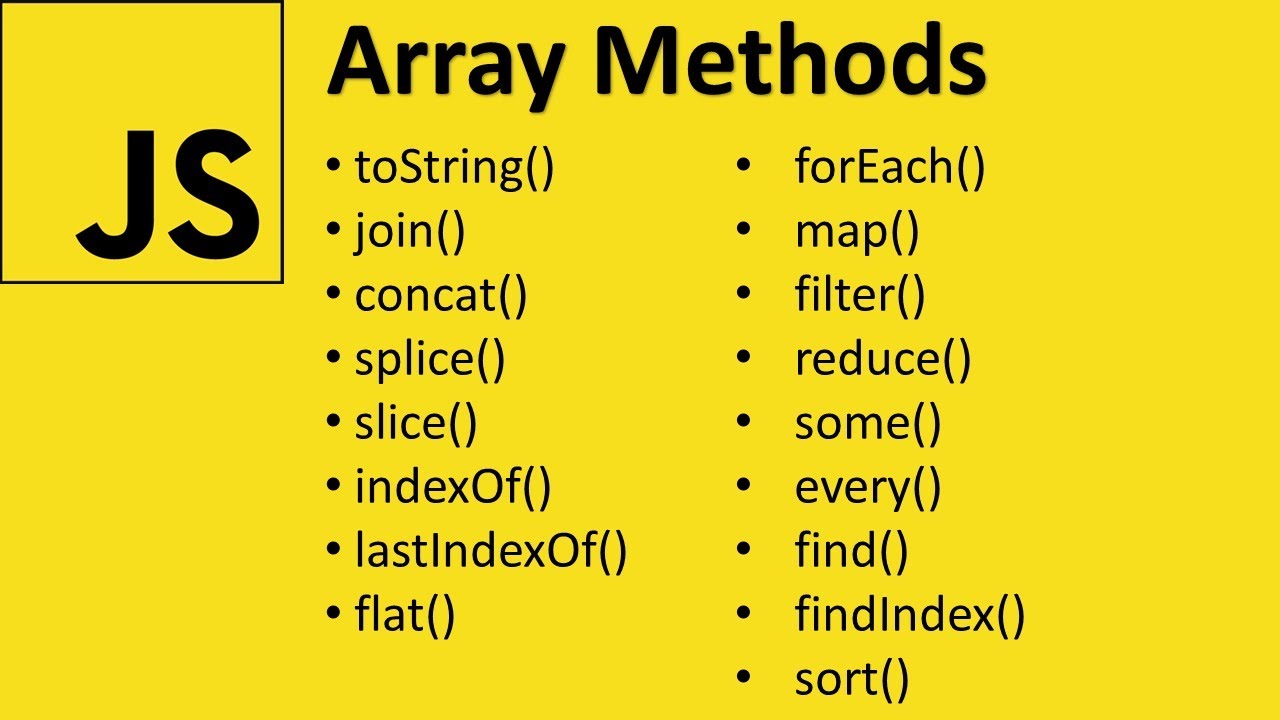Fastest method to loop over an array in JavaScript

Understanding for, while, for...of, forEach, reduce, map
We have Several methods to loop over an array in javascript like we have
- Traditional for loop
- while loop
- for…of loop
- forEach
- reduce
- map
TL;DR — Traditional for loop is the fastest in the game
Traditional for loop
Traditional for loop is the fastest among all the array looping methods. Unlike map, for loop doesn’t create new copy of array to loop over
for (let i = 0; i < array.length; i++) {
const element = array[i];
// Perform actions with the element
}Directly accesses array elements using indices, often leading to the best performance.
while loop
while loop offers similar performance to the for loop. but not identical with a slightly different syntax.
while loop with decrementing index variable is often a bit faster than the incrementing one
let i = array.length;
while (i--) {
const element = array[i];
// Perform actions with the element
}for…of loop
for…of loop provides similar performance to the for loop as well. but with a more readable and understandable syntax.
for (const element of array) {
// Perform actions with the element
}forEach loop
forEach loop provides functional approach for iterating with a slightly slower performance, often used for side-effects.
array.forEach((element) => {
// Perform actions with the element
});forEach loop can be less efficient due to function call overhead.
reduce loop
reduce in JavaScript doesn’t directly create a new array for looping unlike methods like map. Its primary purpose is to accumulate a single value by iterating over the elements of an array and combining them in a specific way. which makes reduce efficient for large arrays
array.reduce(
(accumulator, currentValue) => accumulator + currentValue,
initialValue,
);map
map method iterates through the original array once and uses the provided callback function to transform each element. The transformed elements are then stored in a new array, which is ultimately returned by the map method. creating a new array makes map slower than the for loop
const array = [1, 4, 9, 16];
const map = array.map((x) => x * 2);
console.log(map);